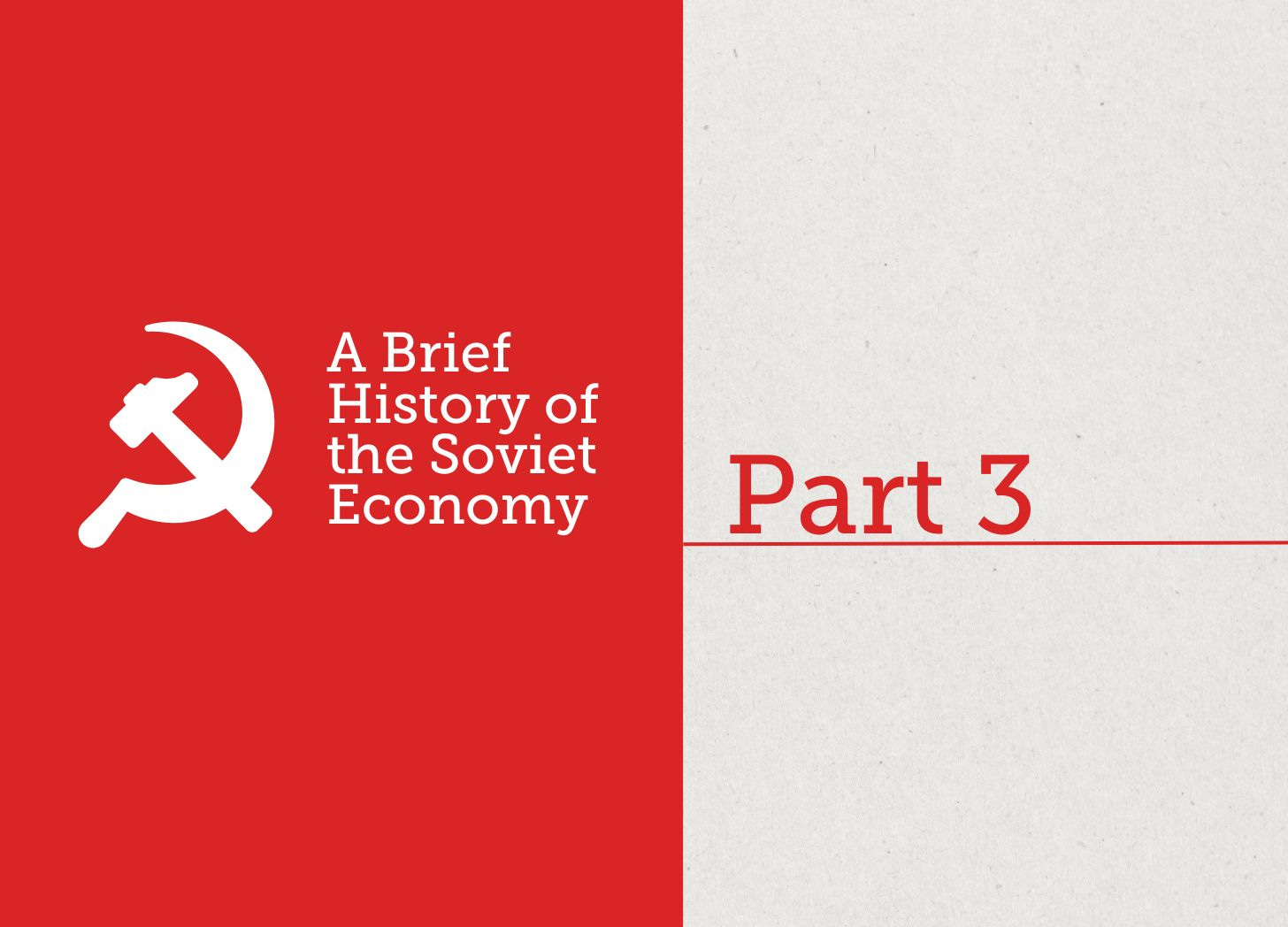This is the final post in a three-part series exploring the history of the Soviet economy and its modern revival.
Paid Insider subscribers get exclusive early access to each part.
Part 1 is now available to all subscribers here.
Part 2 is now available to all subscribers here.
Part 3 – The Indomitable Power of the Washing Machine
Introduction
When I went interrailing across Russia in 2019, many of my prior assumptions were soon dispelled. I had expected to come across many Russians who yearned for a return to the “good old days” of the Soviet Union. After all, reading about the chaos of the 1990s and the loss of the country’s global prestige following the USSR’s collapse, I assumed many Russians would ache for the relative stability and generous social provisions of the late Soviet period. And in some ways, many do.
In a 2018 poll, 66% of Russians expressed regret about the dissolution of the Soviet Union (Levada Centre, 2021), and in 2017, 30% of respondents voiced ‘anger’ and ‘contempt’ towards Gorbachev and Yeltsin, the men often blamed for its downfall (Fitzpatrick, 2022: p.226). Therefore, it appeared as if President Vladimir Putin had his finger on the pulse of contemporary Russian society, when he famously declared in 2005 that the collapse of the USSR ‘was the greatest geopolitical catastrophe of the century’ (NBC, 2005).
But if Russian history teaches us anything, the story is never that simple. While travelling across Russia, my friend and I had developed a habit of striking up conversations with the Russians we were sharing carriages with on our long train journeys. With a heady mix of bad Russian, broken English and schoolboy German (many Soviets had learned German rather than English at school in solidarity with their East German comrades), we discovered that the views of many Russians on their history and modern affairs were much more nuanced than Western media often suggests.
While many may miss aspects of the former socialist state, like the aforementioned free healthcare, they also recognised many of its faults and laughed in our faces if there was any suggestion of a return to the Soviet system. It seemed as if most of the affection for the former Soviet Union derived from a vague nostalgia, rather than from any real belief that it was a better society. A bit like British Boomers reminiscing about the music and fashion of the 1970s, without wanting a return to the strikes and power cuts of the era.
One interaction, however, stands out clearly in my memory. On a night train from Veliky Novgorod to Moscow, my friend and I found ourselves drinking vodka in a canteen cart with a fellow traveller from Sweden, a young Russian couple who spoke excellent English, and an older Russian women named Tatiana, who spoke some broken English. Tatiana had grown up in the Soviet Union, earned an Economics Degree at her local university, and worked in factories during the late Soviet period.
I asked Tatiana whether she missed the USSR. She didn’t hesitate in responding with a quick succession of ‘Nyet, nyet, nyet!’, apparently amused by the question. In her best English, she tried to explain: ‘I don’t want to live in the Soviet Union again, because after the end of the USSR, we [the Russian people] got a lot of…’ – she hesitated, struggling for the right word in English – ‘…washing machines.’
We all burst out laughing. Our notion that the Soviet Union had collapsed due to some lofty ideals of democracy or free speech had crumbled. Much like how cries for bread had brought down the Tsar in 1917, it was Soviet citizen’s simple desire for better living standards and tangible consumer goods, that ultimately brought down the Soviet Union. In the end, it wasn’t the ideological power of democracy or capitalism that signalled the death knell of ‘actually existing socialism,’ but the indomitable power of the washing machine.




